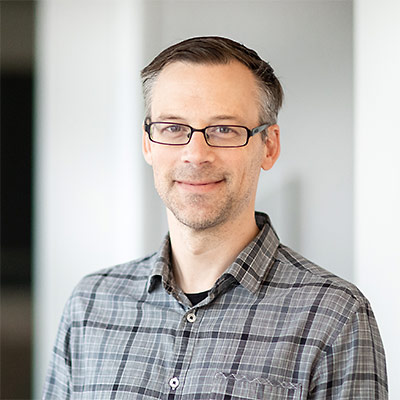Narratives of ‘Home’: Violence, Spatial Belonging, and Everyday Life for Armenian Genocide Survivors
A public lecture by Ayşenur Korkmaz (PhD candidate in European Studies, University of Amsterdam)
2019-2020 Robert J. Katz Research Fellow in Genocide Studies
Organized by the USC Shoah Foundation Center for Advanced Genocide Research
Cosponsored by the USC Institute of Armenian Studies
